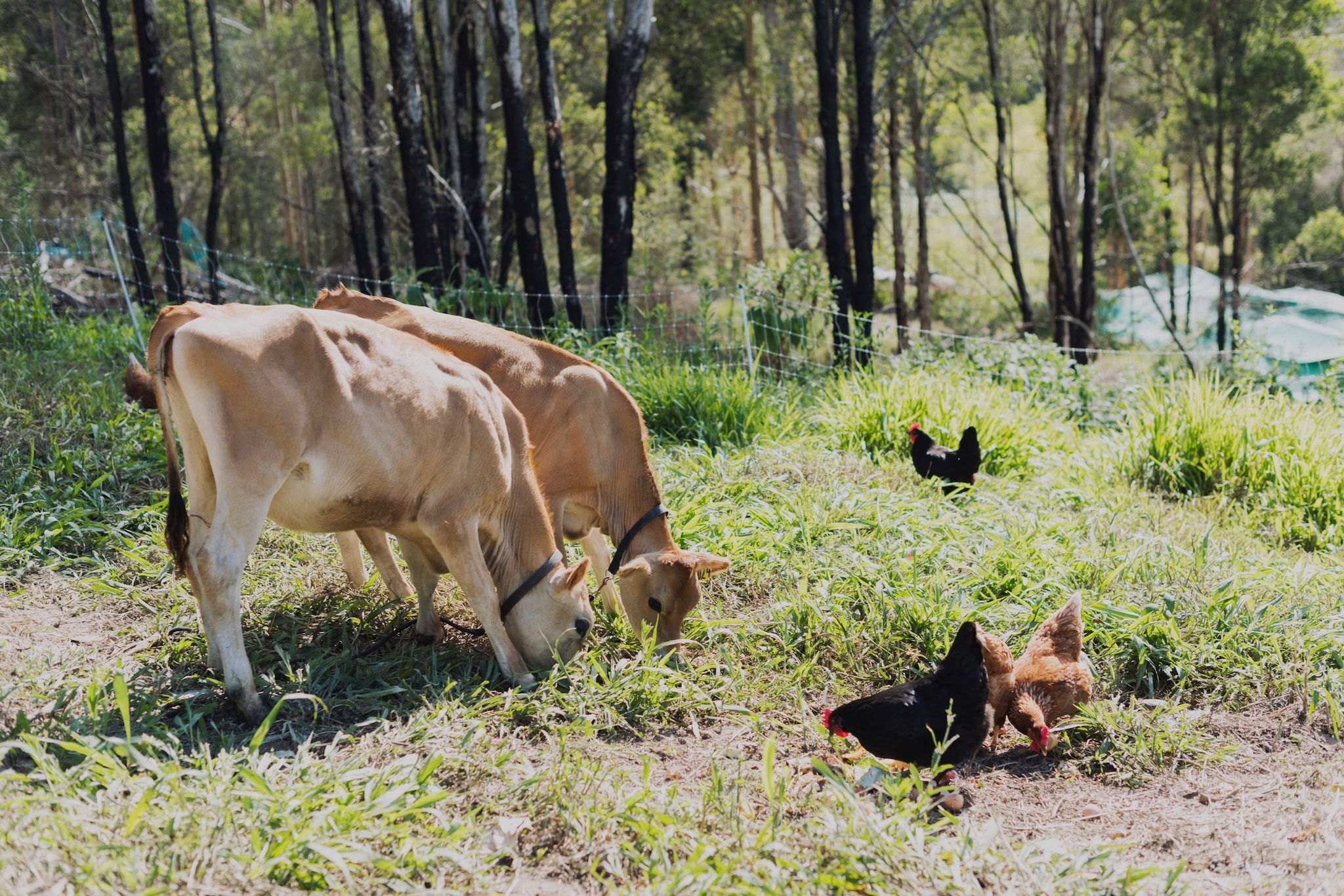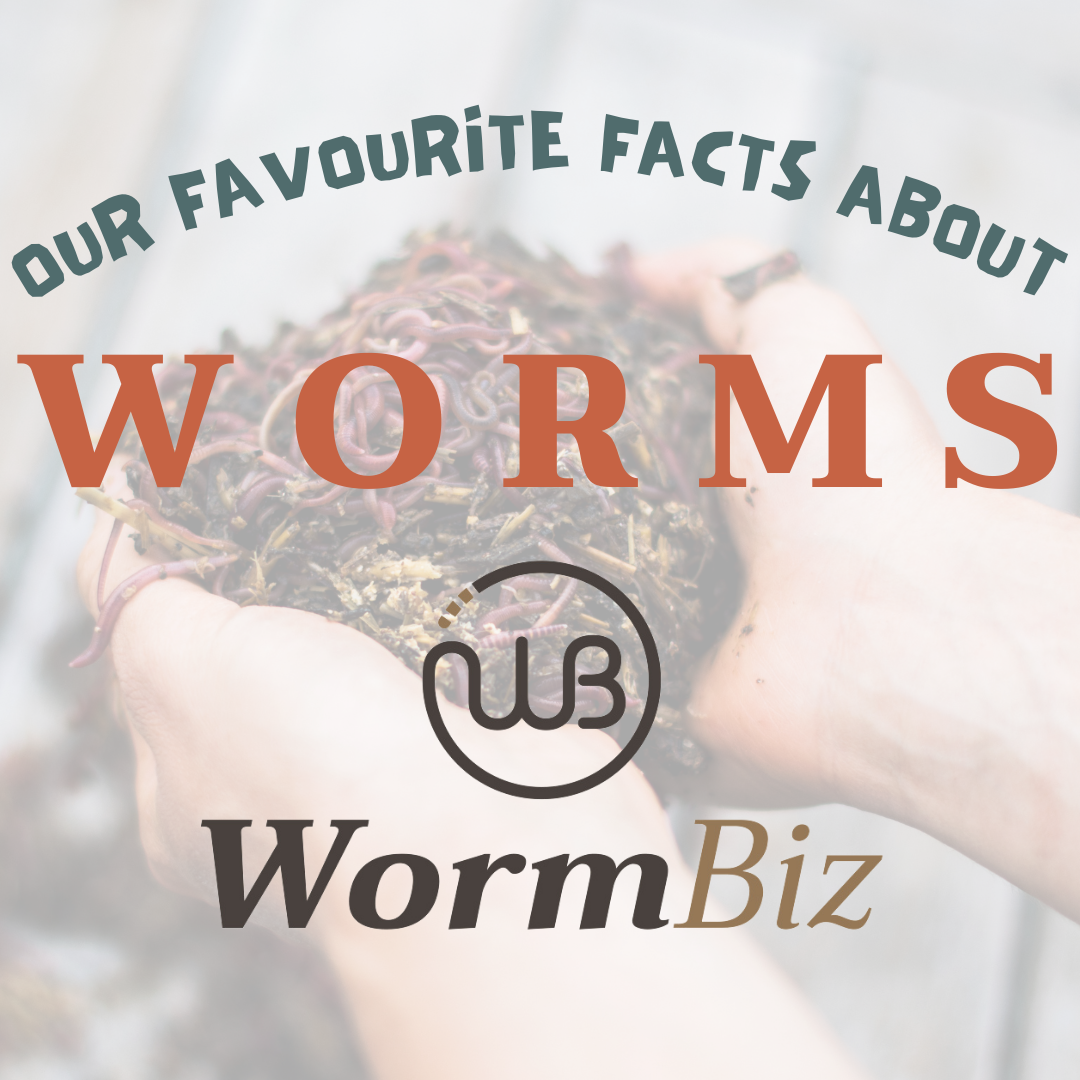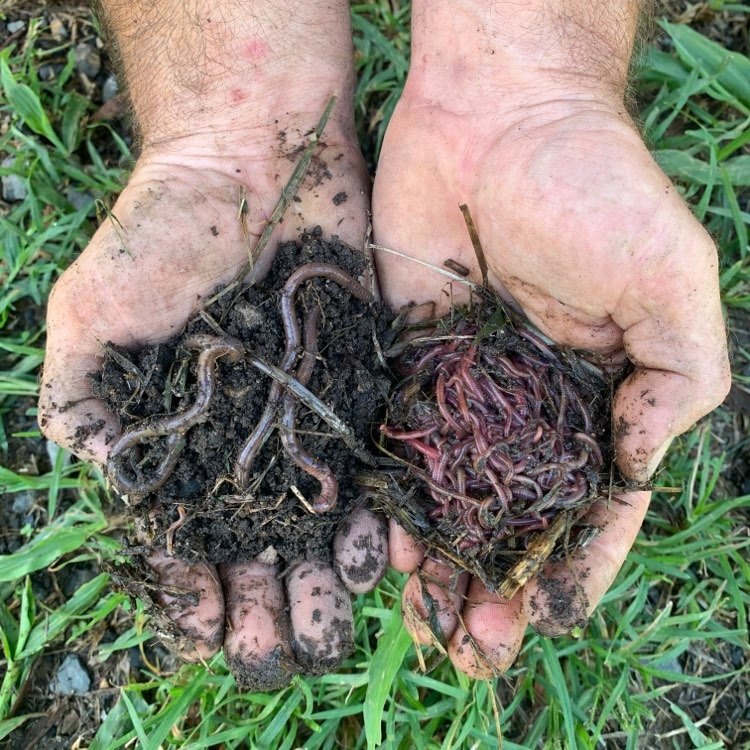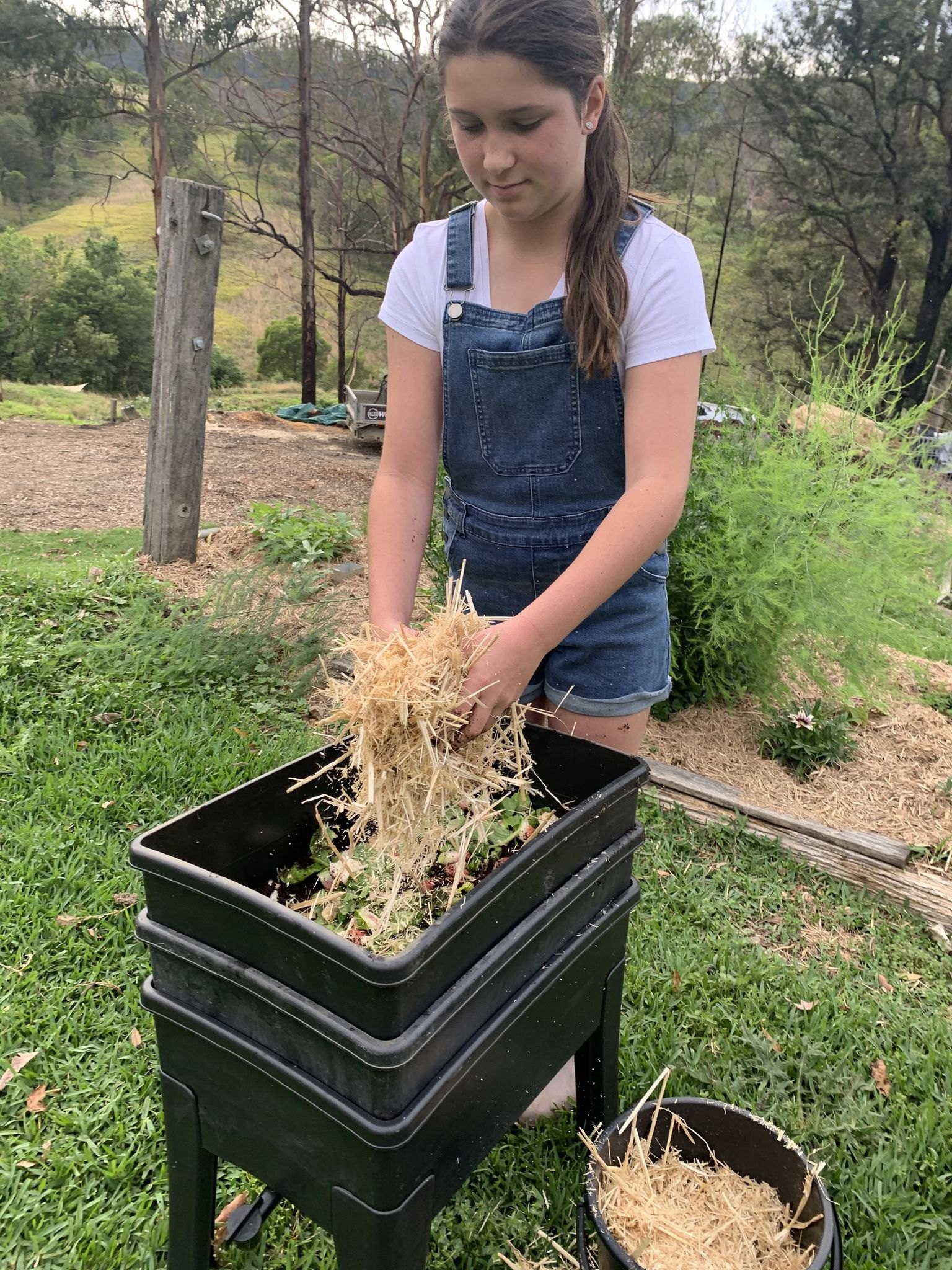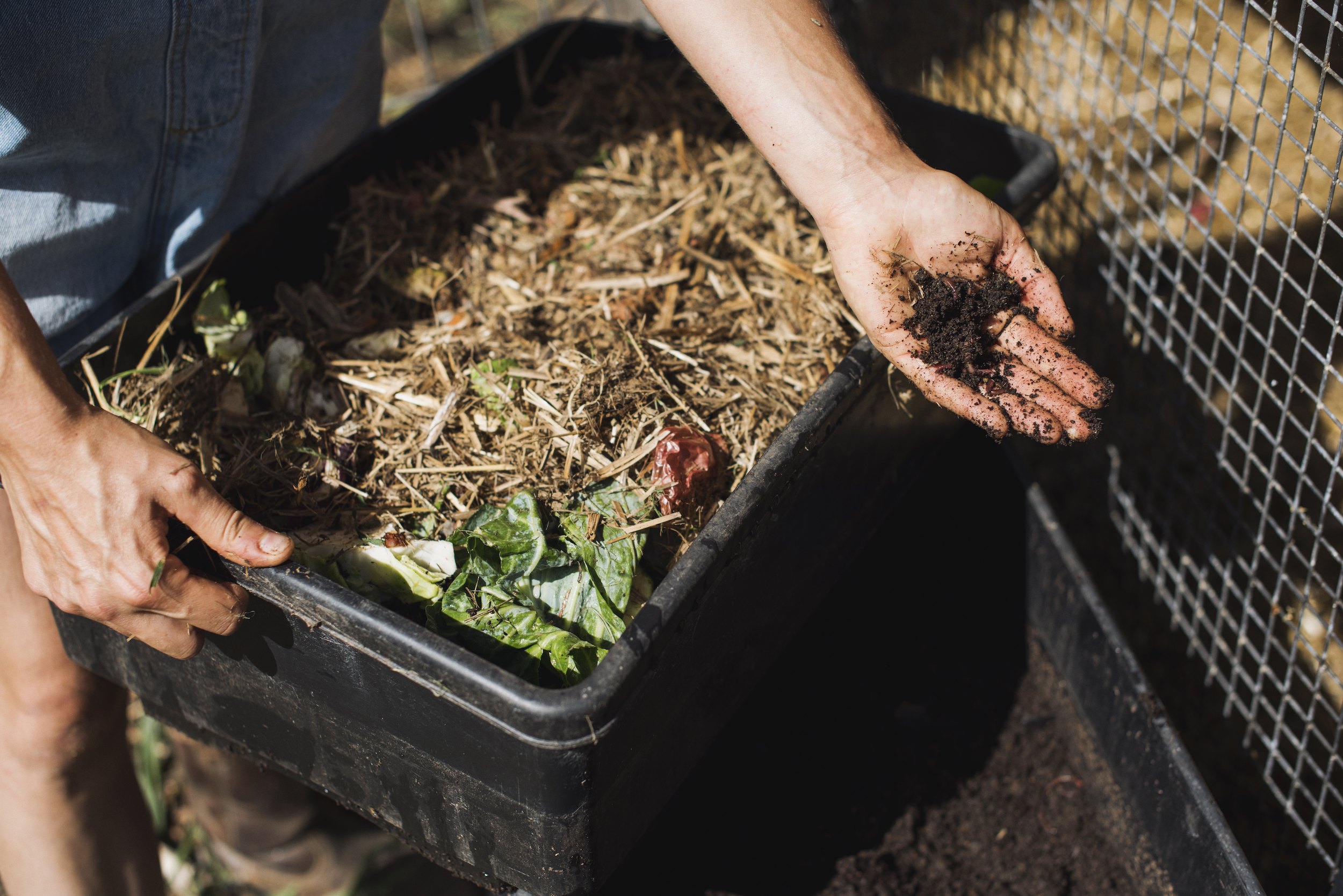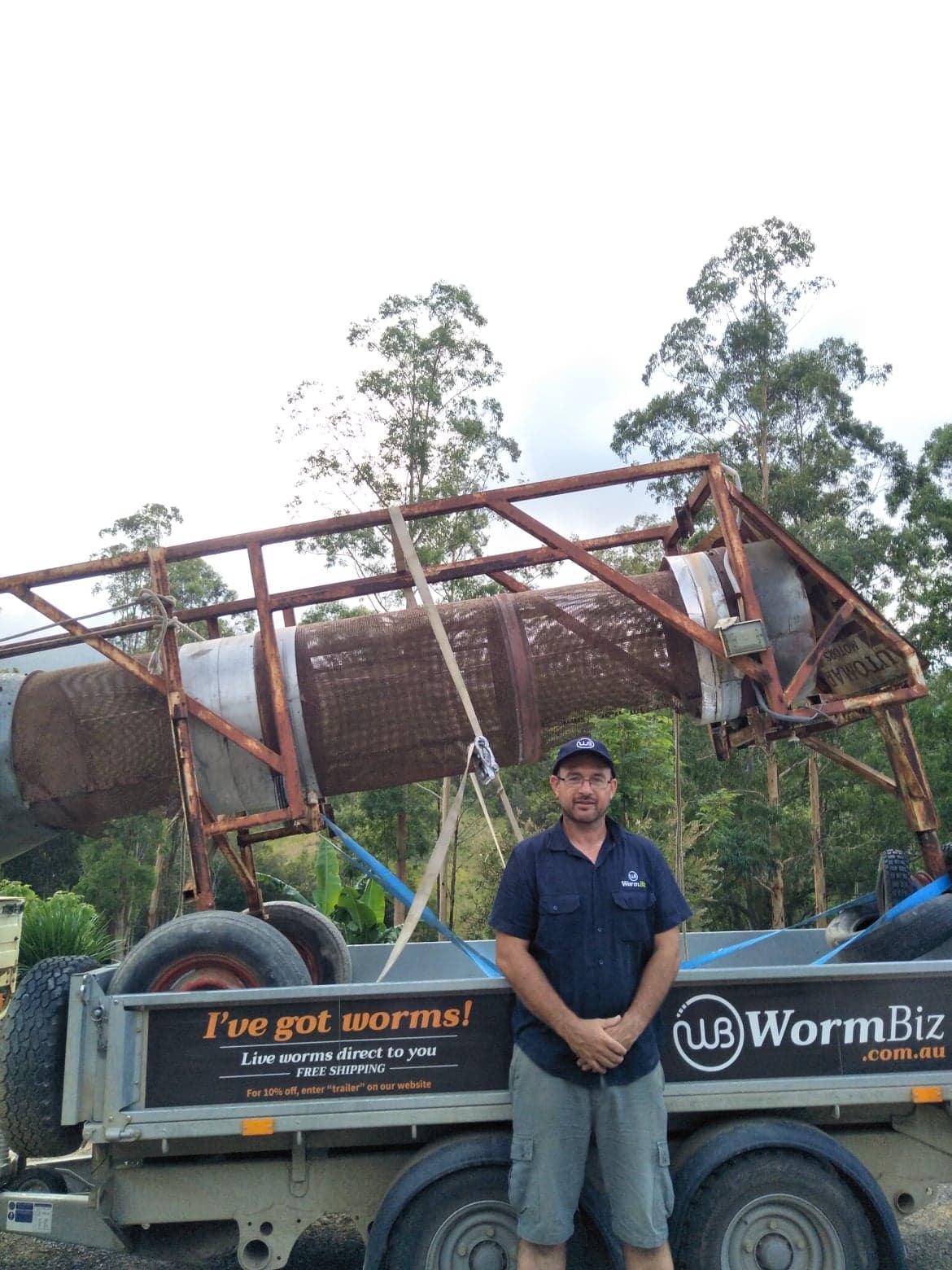A practical guide to Regenerative Closed-loop Systems
Posted on June 20, 2021 by WormBiz
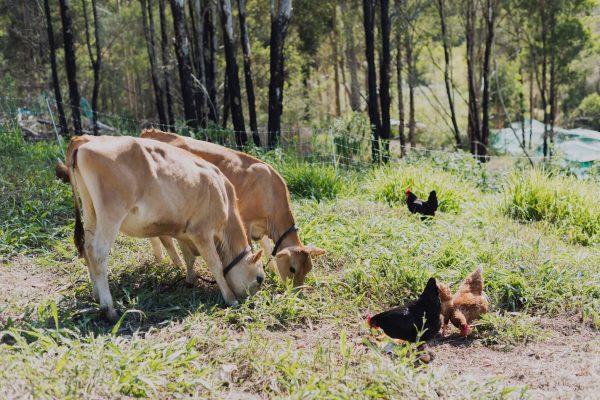
How we live by permaculture day to day began with small steps and an emphasis on creating and sustaining regenerative closed-loop systems, for example, taking responsibility for our food waste.
Kitchen scraps go to the chickens and turn into both eggs that come back to the kitchen, and manure that cycles through the garden soil and fertilizes next season’s food crops. Rotational grazing of our animals ensures good animal health and regeneration of the landscape.
Nature restores itself by accessing its own natural inputs required to regenerate, yet often we overlook these and take what is there without giving back, disrupting nature’s natural cycle.
Closing the loop means thinking holistically and changing our traditional mindset of “make, use and dispose” and instead considering how we can manage and feed back into the system, preserving nutrients to sustain and regenerate in order to achieve productive outcomes for plants, animals and humans.
This means mimicking nature rather than dominating it.
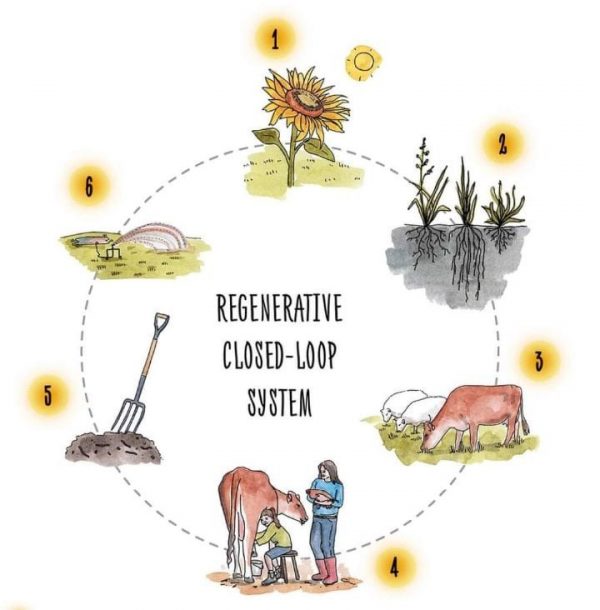
illustration by Brenna Quinlan
-
Capture, convert and store sunlight into energy through photosynthesis
- Regenerative, diverse growth of plants and grasses.
- Rotational grazing of multispecies livestock to manage, cycle and stimulate plant growth. Animal diversity also helps control parasite life cycle and provides a variety of fats and proteins.
- Provide family with meat, eggs and dairy. Surplus produce such as whey contribute to the sustainability of other farm animals including pigs and chickens.
- Manure deposited directly on pasture feeds soil life. Nutrients collected in animal housing are composted for vegetable production.
- Nutrient-rich water from worm operation irrigates grazing and food producing terraces.
We make good use of renewable resources such as solar energy and recycled water, plus a composting toilet creating nutrient-rich fertiliser returned to the soil as fertiliser for our fruiting trees. Growing compost worms on a large scale has allowed us collect and compost food waste from commercial establishments on our farm and to teach people about composting and worm farming through workshops and engagements. Living and forming a strong relationship with the hillside, our homeland and community, the momentum started to build, sometimes a little too fast but the yields we have been rewarded with have always reassured us we are on the right path for our family.

